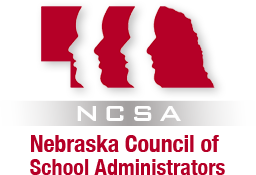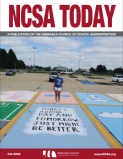Dr. Robert Bruckner
The development of a non-traditional, non-agrarian school calendar has been the topic of discussion, editorializing, and research for many years. This case study was conducted to chronicle a single school system's efforts to initiate and implement a non-traditional calendar and identify the salient issues which influenced the final outcome of the process. Interviews of nine key participants were conducted. Data analyses of the interview transcripts and other pertinent documents provided information relative to the specific questions addressed in the study. The study examined the rationale for change, the adoption process, community reaction, non-calendar related issues, and critical school board decisions. The calendar adoption process was only moderately successful in terms of the initiated proposal. The study identified process shortcomings including suspect initial communication strategies, perceived limited participation opportunities, a lack of a consensus for change, and a general atmosphere of suspicion and distrust. The administrative leaders were found to have made genuine efforts to obtain input after the process began, to have provided a sound rationale for change, and to have created new learning opportunities for children. The researcher recommended that school systems seeking significant reform must establish a consensus for the need for change, that an environment conducive to innovation must exist prior to change, that potentially significant issues must be identified and addressed and that a comprehensive communication strategy must be established and followed.

























